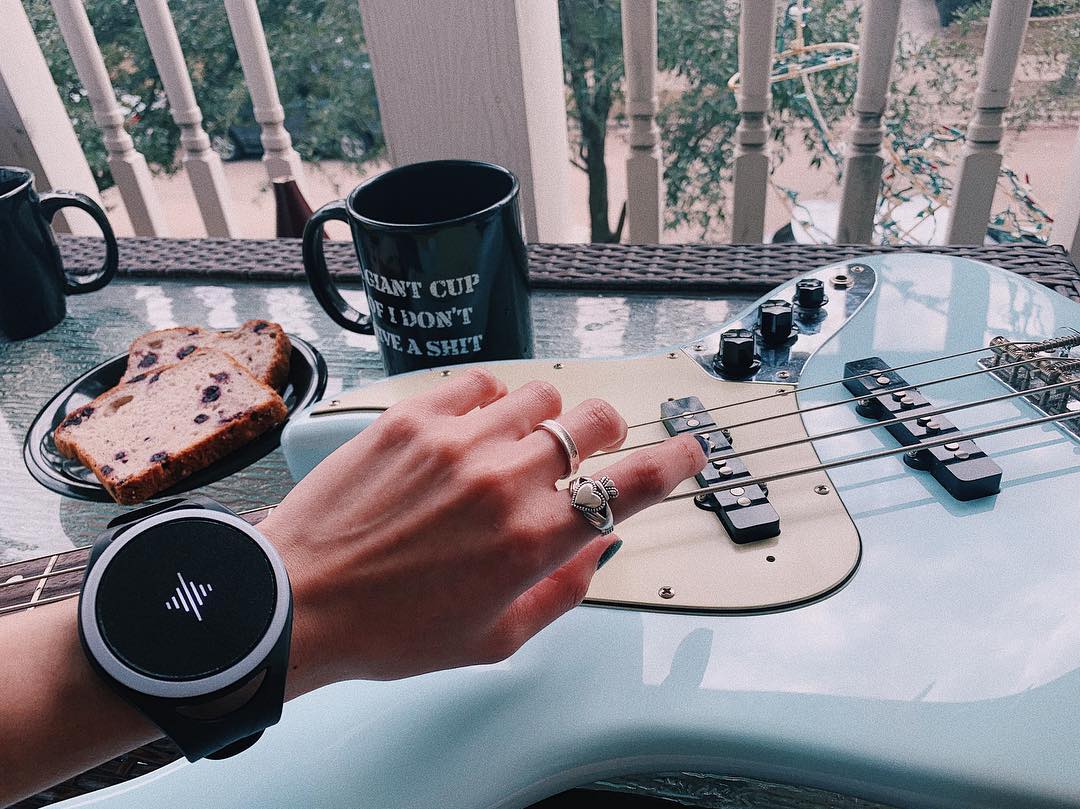
Learning how to play the bass guitar can be daunting. Four strings instead of six strings? It may seem as if it’s a whole new language to learn.
The bass guitar can sometimes be seen as the least important instrument in the band as bassists normally stand right at the back of the stage close to the drummer. In reality, they provide the groove of a song and they are the reason why you bob your head to a rhythm.
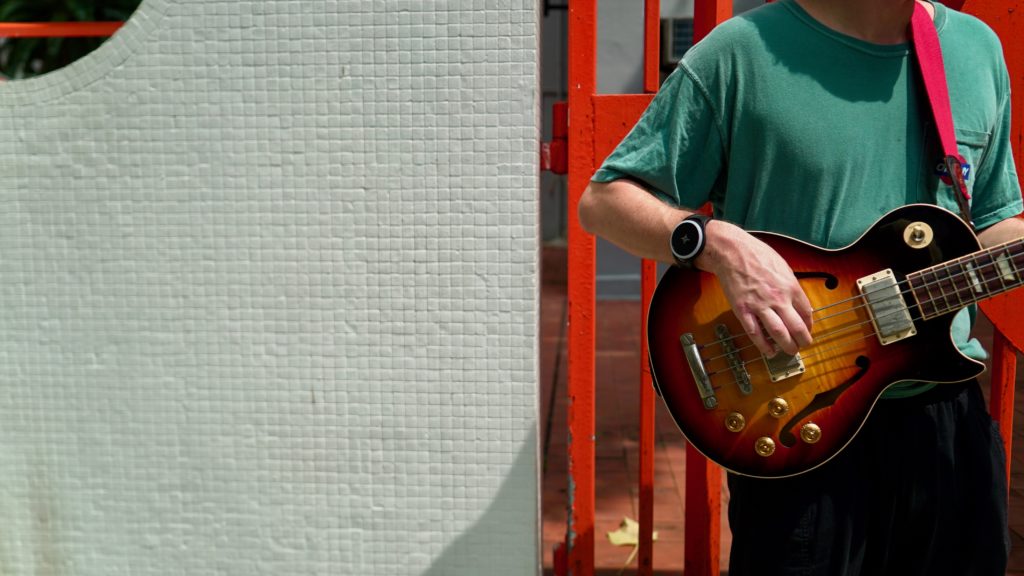
Might sound obvious, but the right place to start. Nowadays, there are multiple choices for basses that won’t break the bank. Brand-new instruments are affordable, but a second-hand bass is also a good option. Essentially, there are two main types of basses: the precision bass and the jazz bass.
So which of these should you buy? A general rule of thumb is to look at the kinds of basses played by the people who inspire you.
Is it Flea from the RHCP? In that case, the best option could be a MusicMan or a Fender Jazz Bass.
Don’t choose based on looks alone – you have to like how it sounds, so try as many basses as possible within your budget.
Also – split your account between your bass and your amp. The amp is just as important as the bass. Some may argue that it is more important; for instance, it could be better to have an expensive amp with a cheap bass than the other way around.
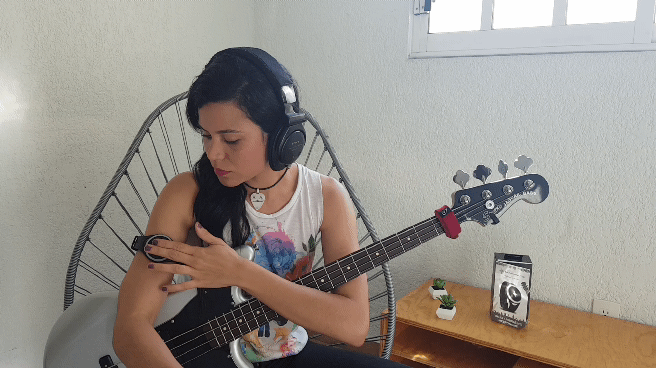
At beginner stages, your aim should be to practice at least four times a week, even if for five minutes; the objective is to show up, to do your reps. It’s better to practice four times a week for 5 minutes than 20 minutes within a day because you are trying to build a habit.
Ideally, practice at the same time every day; I practice almost first thing in the morning for 30 minutes. No matter how the day goes, I have a clear conscience that I’ve already played my instrument.
Devote a space at home for your music practice, and never put your instrument in its case.
Devote a space at home for your music practice, have everything you need ready in advance, and never put your instrument in its case. That way, if you have less time, it is spent practising and not just preparing your gear.
To progress as fast as you can, you need to know if you are doing things correctly. It is crucial to start with good technique – from proper posture, and plucking, to fretting and hand technique. If you skip these fundamentals, you won’t have to correct them later.
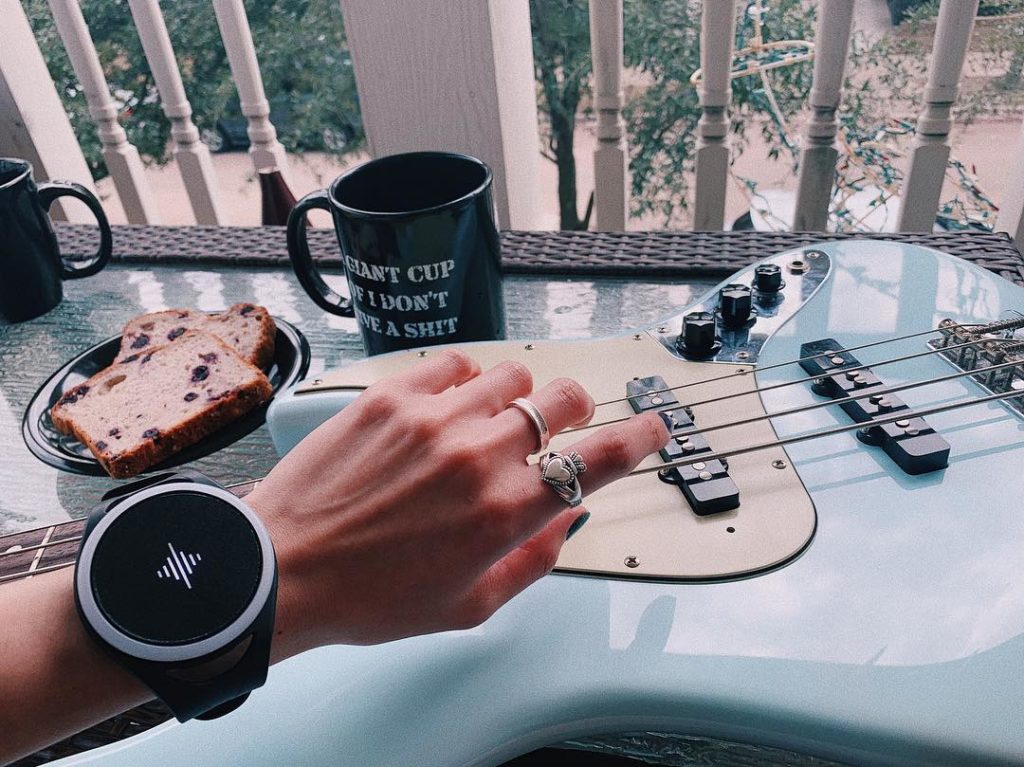
The best way to get feedback is from a good teacher, you can make adjustments on your own, but an experienced teacher must look at what you’re doing in person or by recording yourself and sending the material to your instructor.
Another way to get feedback is from a metronome; time is everything in music and is especially important to rhythmic instruments, such as the bass. You’ve got to love a metronome.
This may be the best tip I can offer you. Jamming with a drummer can provide additional feedback; there are no wrong notes!
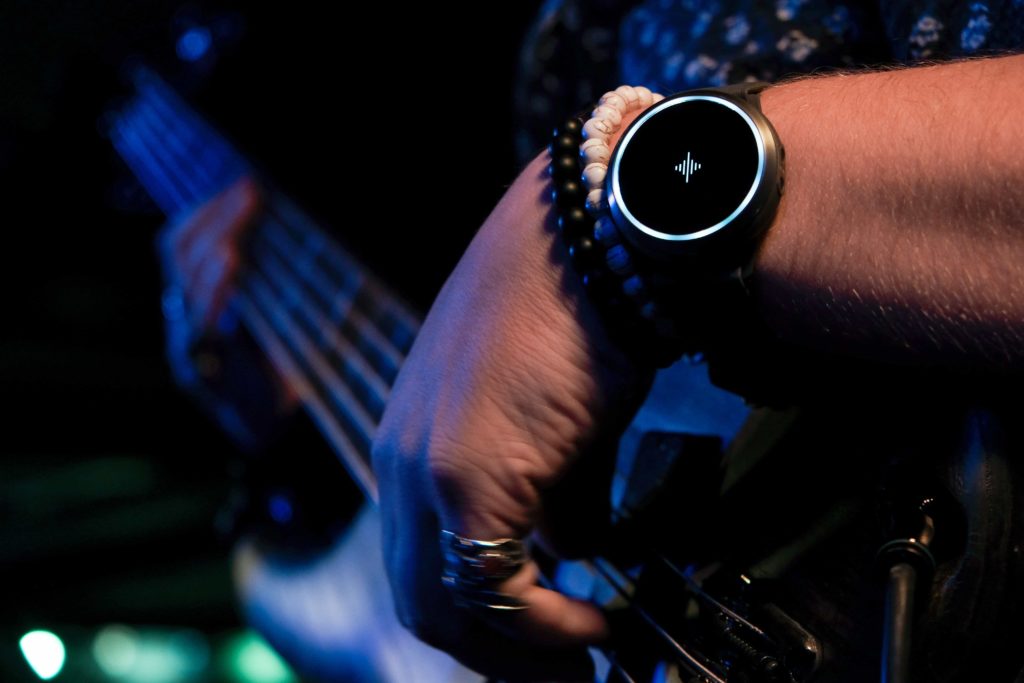
I recommend playing with people with slightly better skills than you – this will force you to match that level.
It can be intimidating initially, but trust me, it’s worth it. When in doubt, use the Nike strategy: “Just do it.”
The bass is a relatively easy instrument to start; as I said earlier, you can and should start playing with other musicians right away. Playing roots and fifths is no big deal, but things become tricky as with any other instrument, so be patient. It takes time to master “the low end.”
“May the force be with you and your bass.”
This article is contributed by Jorge Rodriguez Sierra, father of two, aspiring pro-musician, bassist, blogger and physician-anesthesiologist.
Soundbrenner is a company dedicated to helping musicians stay focused on what truly matters: their music. Click here to find out more about our products.
Got a question about the Soundbrenner wearables? Reach out to us at [email protected], we’re happy to help!